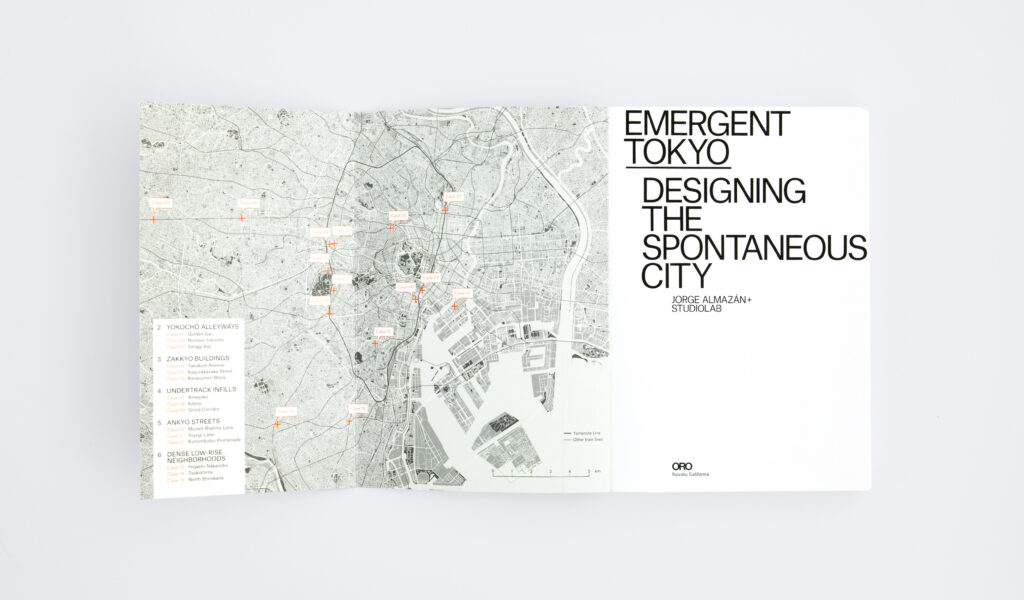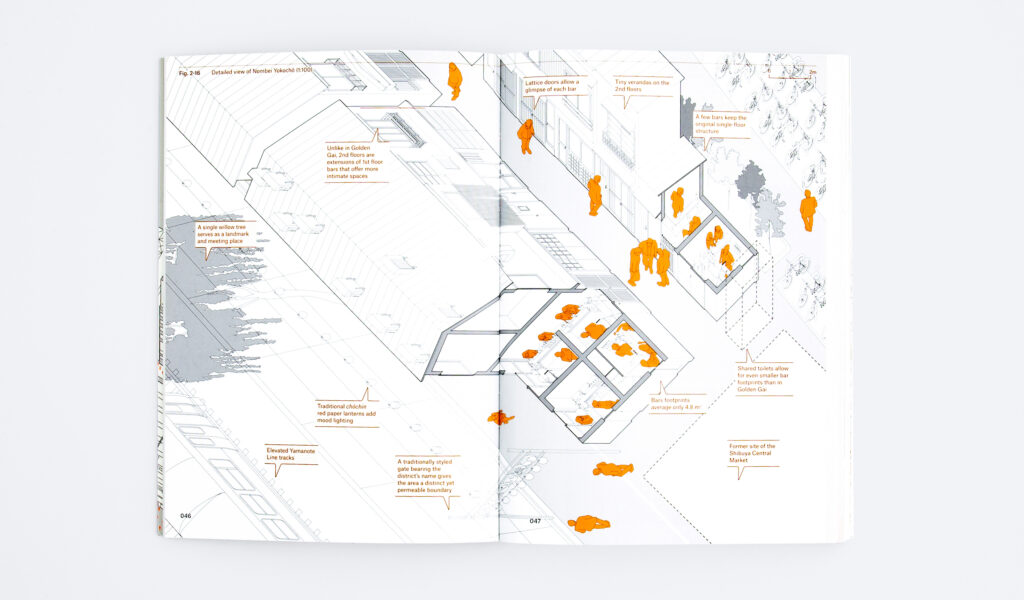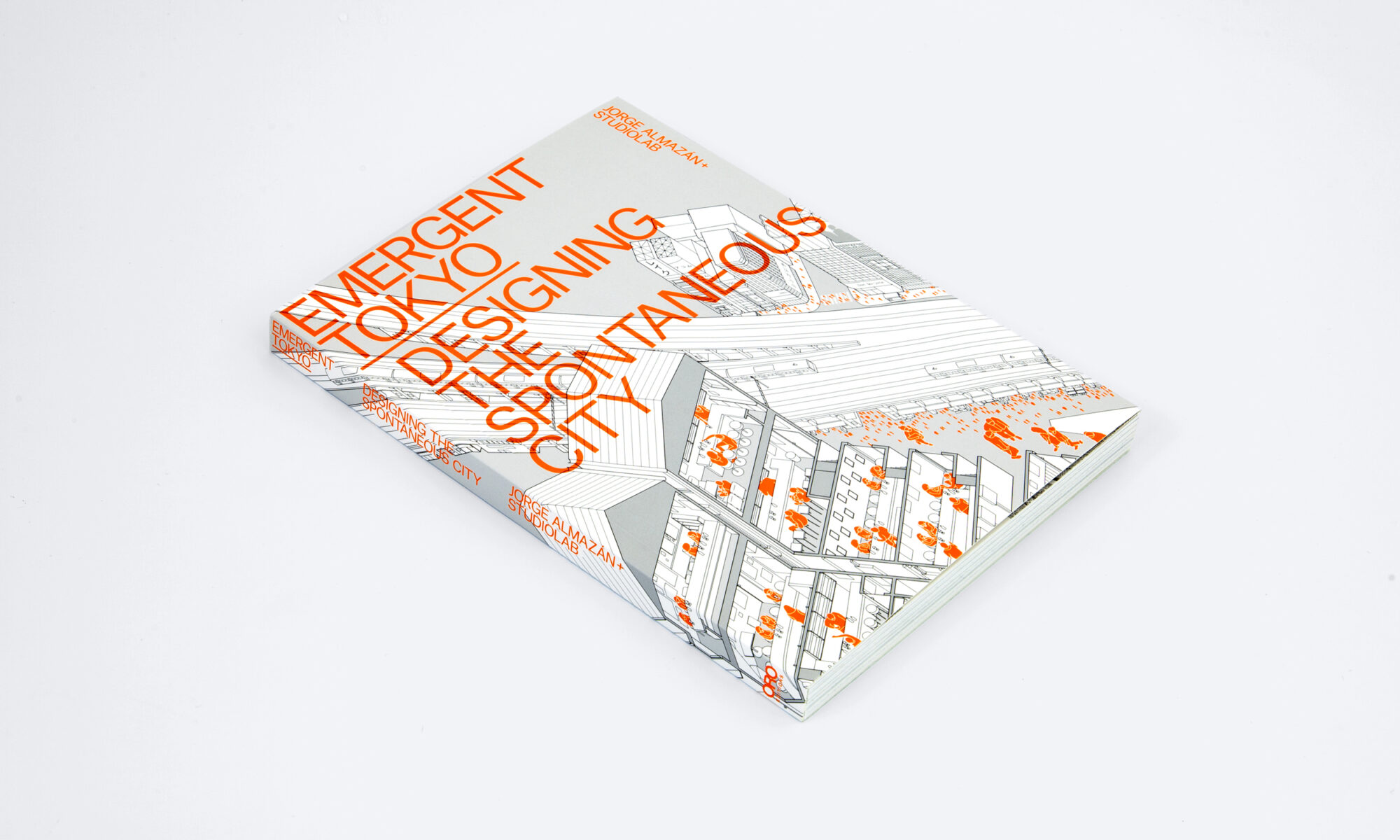Emergent Tokyo — Designing the Spontaneous City
Tokyo is one of the most vibrant and livable cities on the planet, a megacity that somehow remains intimate and adaptive. Compared to Western metropolises like New York or Paris, however, few outsiders understand Tokyo’s inner workings.
For cities around the globe mired in crisis and seeking new models for the future, Tokyo’s success at balancing between massive growth and local communal life poses a challenge: can we design other cities to emulate its best qualities?
Emergent Tokyo answers this question in the affirmative by delving into Tokyo’s most distinctive urban spaces, from iconic neon nightlife to tranquil neighborhood backstreets. Tokyo at its best offers a new vision for a human-scale urban ecosystem, where ordinary residents can shape their own environment in ways large and small, and communities take on a life of their own beyond government master planning and corporate profit-seeking. As Tokyoites ourselves, we uncover how five key features of Tokyo’s cityscape—yokochō alleyways, multi-tenant zakkyo buildings, undertrack infills, flowing ankyo streets, and dense low-rise neighborhoods—enable this ‘emergent’ urbanism, allowing the city to organize itself from the bottom up.

This book demystifies Tokyo’s emergent urbanism for an international audience, explaining its origins, its place in today’s Tokyo, and its role in the Tokyo of tomorrow. Visitors to Japan, architects, and urban policy practitioners alike will come away with a fresh understanding of the world’s premier megacity—and a practical guide for how to bring Tokyo-style intimacy, adaptability, and spontaneity to other cities around the world.

Emergent Tokyo: Designing the Spontaneous City is available for purchase now via Oro Editions and Amazon.
About the Authors
Jorge Almazán is a Spanish architect based in Tokyo and an associate professor at Keio University. His office, Jorge Almazán Architects, is committed to environmentally responsible and socially inclusive projects spanning from interiors and architecture to urban and community design.
Joe McReynolds is an urban studies scholar affiliated with Keio University, where he studies Tokyo’s approach to urban development and how public policy shapes its urban fabric and communities, particularly Tokyo’s myriad subcultures.
Studiolab is a research and design unit led by Jorge Almazán at Keio University. Engaging students, researchers, and external collaborators, Studiolab combines rigorous academic research in the form of thesis and journal papers with real urban interventions and architectural projects.
